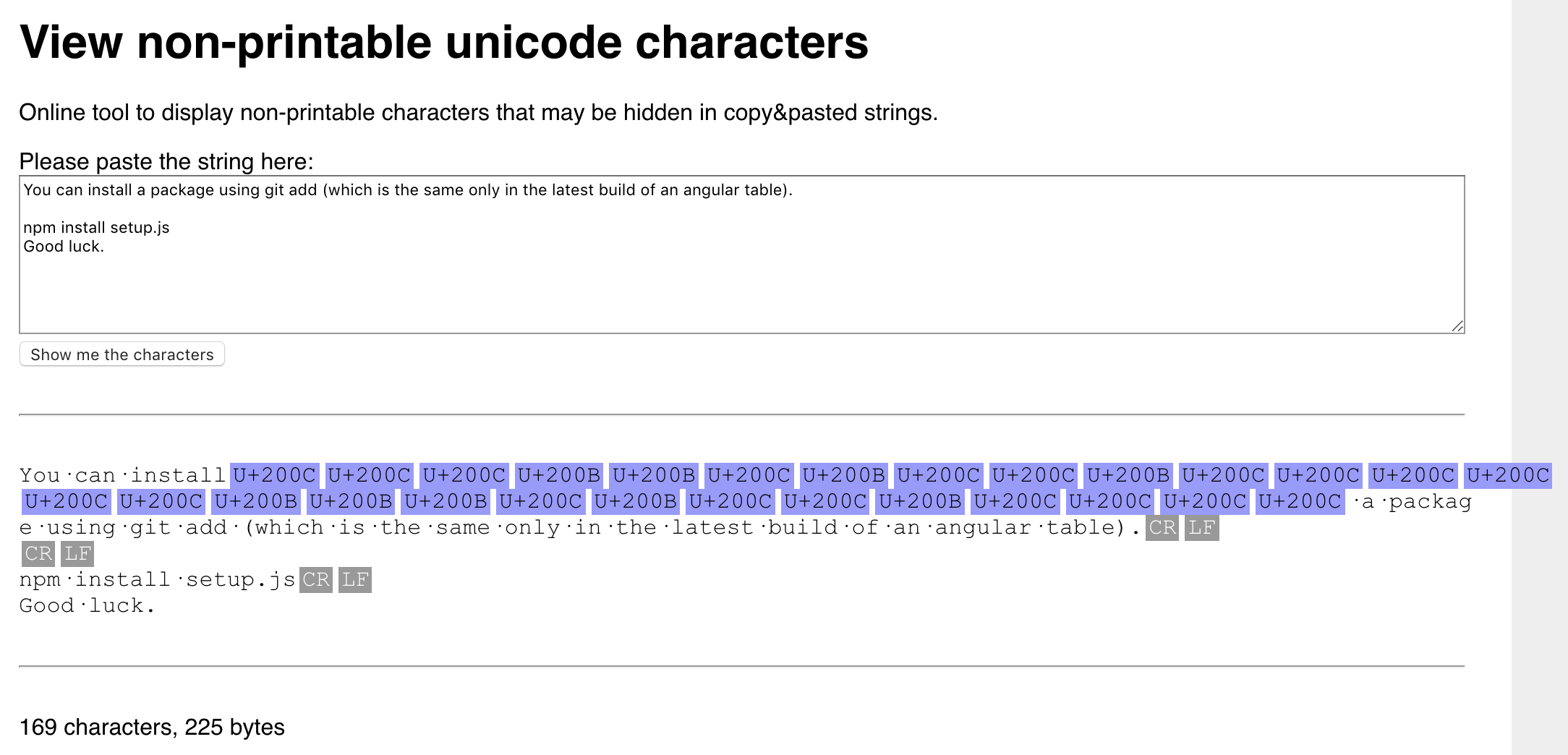There's a new website out there called Ask Roboflow, which learns from questions and answers posted on Stack Exchange sites and attempts to generate an answer for a particular question. The site tends to generate answers of... questionable correctness, which is acknowledged by the author of the site (bold emphasis mine):
[...] while the output does produce some convincing answers, one drawback of optimizing the network only on predicting the next word of the sentence is that it has no way to optimize for correctness of the answer as a whole.
For example, take the question “What color is the apple?” If the canonical answer is “The apple is red,” the following two answers would get the same “accuracy” score: “The apple is green” and “An apple is Red” (each one got 3/4 words correct). But, clearly, it should lose more “points” for missing “red” than for missing “the”.
This drawback means that Ask Roboflow isn’t yet useful for answer real peoples’ programming questions. But it is certainly a fun diversion!
So the site itself is all a bit of fun and games right now. However, I came across at least one new user posting answers to questions (1, 2) that are exact copies of answers generated from Ask Roboflow (1, 2).
How should these be dealt with? The user acknowledges in a comment on the first post that they were "joking with this answer" (and then provides a useful code snippet in the comment, which would make a far better answer!), so the answers are practically useless. In these specific cases, I tried to flag these as VLQ, but these were declined. Should they have been given a NAA or mod flag instead?
